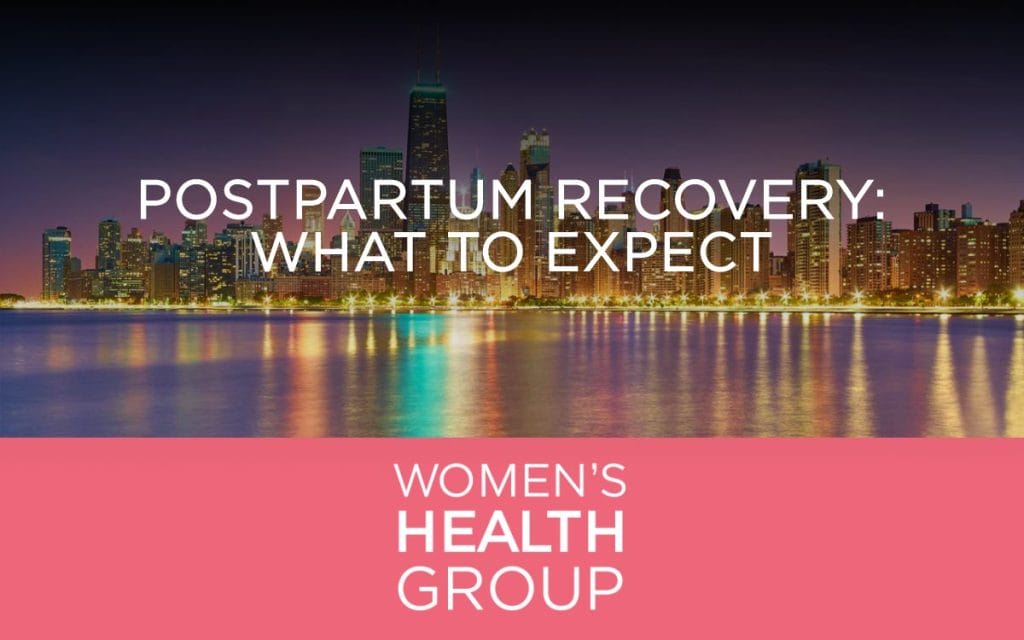The Postpartum Journey: An Overview
Just as every pregnancy is unique, so is every postpartum journey. This term, often referred to as the “fourth trimester,” encompasses the critical time after childbirth when the body of the new mother undergoes physical and emotional changes as it returns to its non-pregnant state. As the Women’s Health Group, an esteemed Obstetrician-Gynecologist unit in Chicago, Illinois, we are dedicated to walking you through what to expect during your postpartum journey and aiding your recovery.
Physical Changes and Healing After Childbirth
Your body undergoes several adjustments as it heals from childbirth. From hormonal shifts to physical changes, each factor plays a critical role in your overall postpartum recovery.
You will experience vaginal or cesarean wound healing, depending on your type of delivery. It’s normal for vaginal deliveries to result in soreness or swelling, and for cesarean sections to take 4-6 weeks to heal fully. Breast changes are also significant, especially if you’re breastfeeding. You might notice that your breasts become larger, heavier, and occasionally painful due to the milk production.
Additionally, your body will gradually lose the pregnancy weight, but this process varies from woman to woman. Give yourself grace and understand that it’s perfectly okay to focus more on your recovery than on rapidly losing weight.
Hormonal Changes During The Postpartum Period
Hormone levels fluctuate significantly during the postpartum period. The plummeting levels of pregnancy hormones and a surge in new ones can result in mood swings, sadness, anxiety, and, in more serious cases, even postpartum depression. It’s essential to communicate openly about your feelings with your healthcare provider, as they can provide resources and care plans to help manage these emotional changes.
For more in-depth insights into the hormonal changes that occur during the postpartum period, Mayo Clinic provides an informative guide that you can find here.
Caring For Your Mental Health
Mental health is just as important as physical health during your postpartum journey. The so-called “Baby Blues” can impact many new mothers and generally lasts a few weeks after delivery. Symptoms include mood swings, crying spells, anxiety, and difficulty sleeping.
If these feelings intensify or persist beyond a few weeks, it could be a sign of postpartum depression. Don’t hesitate to reach out for professional help if you’re feeling overwhelmed. Prenatal and postnatal mental health issues are more common than many imagine, and there are numerous therapeutic interventions and support groups available.
Getting Back To Exercise
Exercise is a fantastic way to boost mood and promote physical healing after childbirth. However, it’s crucial to ease back into it. Start with gentle exercises like walking, pelvic tilts, or Kegel exercises. Only approach more strenuous exercises after getting approval from your healthcare provider to avoid injury.
Remember, everyone’s body and recovery timeline are different, so compare yourself to others.
Breastfeeding and Nutrition
Breastfeeding is a significant part of the postpartum journey for many mothers. It’s natural to face challenges, such as breast engorgement, nipple problems, or coordinated timing with your baby. Don’t hesitate to seek professional help as many useful resources are around, including lactation consultants and breastfeeding support groups.
Nutrition is also fundamental during breastfeeding as your dietary choices directly impact your breast milk’s nutrition. Maintain a balanced diet rich in proteins, fruits, vegetables, and whole grains. Don’t forget to keep yourself hydrated.
For more nutrition and breastfeeding tips during your postpartum journey, Women’s Health Gov provides a helpful guide that you can find here.
Importance Of Regular Check-ups
Frequent medical check-ups are Paramount in observing your recovery progress and identifying potential problems early. It’s essential to have a 6-week postpartum check-up, but if you have health concerns before this, do not hesitate to contact your healthcare provider.
Embracing Your Unique Journey
Ultimately, every mother’s postpartum journey is different, and there’s no definitive script or timeline for recovery. Patience and self-care are key during this period. Embrace your unique journey, and know that it’s okay to ask for help when you need it.
Embracing your postpartum journey involves physical healing, hormonal fluctuations, mental health recognition, a gentle return to exercise, breastfeeding and nutrition adjustments, and regular medical check-ups. By understanding and acknowledging these elements, you’re empowered to navigate postpartum recovery effectively, promoting an overall healthier you.




